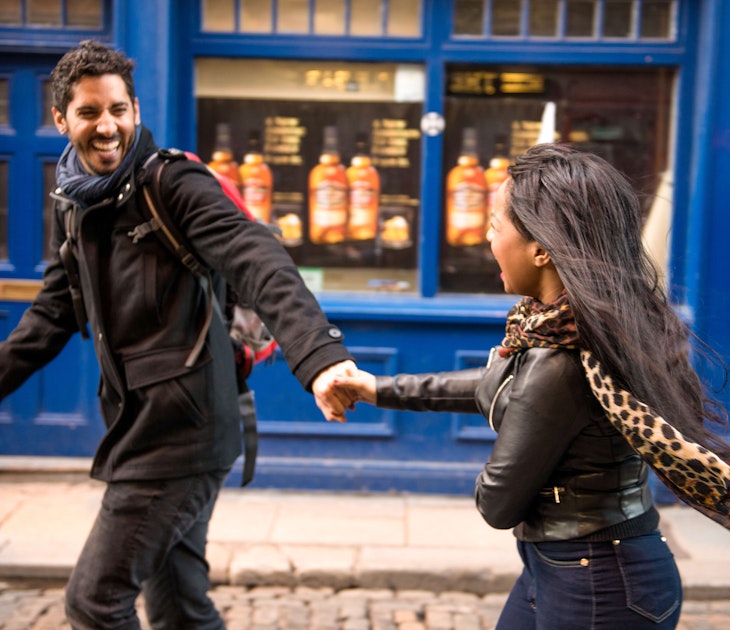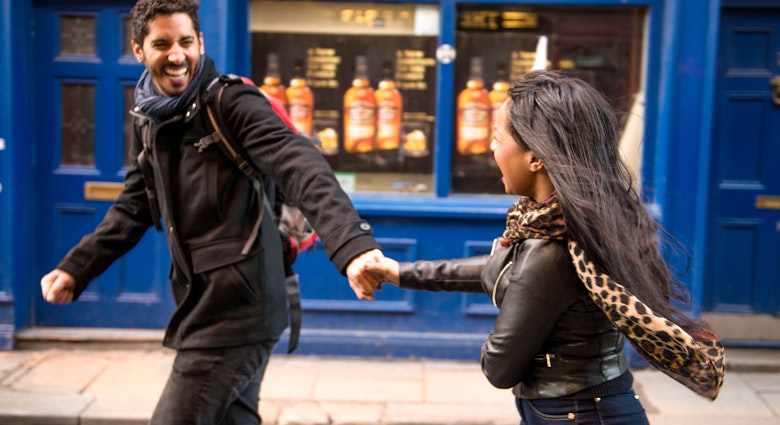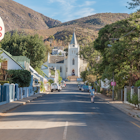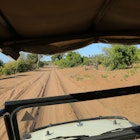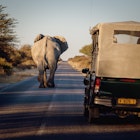Let’s not beat about the bush: South Africa has a bit of a scary reputation. Much is said about the country’s unenviable crime rate, but so much more can be said about all the things that make this diverse destination so magnificent. You shouldn't let anxiety about possible dangers put you off visiting this amazing African country.
Huge and diverse, South Africa never stops doling out gifts to the traveler – world-class surf breaks, eclectic local cuisine, mountains to climb, cities to visit, tiny towns to hide away in, desert landscapes to photograph and, of course, plenty of wildlife to watch.
The country’s extraordinary variety is both its biggest draw and its biggest challenge, at least when it comes to planning a trip. Much research is needed to decide where to go, what to do and how long to stay. Visiting for less than two weeks is not ideal – three weeks or more would be a better bet if you can manage so much time away.
With tips to help you plan as well as information on health, safety and etiquette, here's what you need to know for a successful trip to South Africa.

1. Carry the relevant paperwork if you’re traveling with kids
If you’re entering or leaving South Africa with a child under the age of 18, you’ll need to have a few extra bits of paper in your carry-on bag. In a bid to stamp out child trafficking, all minors need to have an "unabridged" birth certificate – that is, one that lists both parents’ names. If only one parent is traveling with the child, you’ll need an affidavit from the other parent confirming that they give consent for the child to travel. The rules keep changing and papers are not always checked, but it’s wise to have the documents at hand just in case.
2. Buy a South African SIM card and use local Wi-Fi
Public Wi-Fi is fairly easy to find in larger cities and more touristed towns, but if you’re planning on wandering far from the main population centers, it’s worth picking up a South African SIM card on arrival at the airport. The card costs just a few rand, but like pretty much everything in South Africa, it does come with a bit of paperwork. You’ll need to “RICA” your SIM card – a fairly simple registration process that requires a photo ID and confirmation of your address in South Africa (a simple booking confirmation will suffice).
3. Carry cash, just not too much
While credit and debit cards are widely accepted, there are still a few places that only take cash in South Africa. It’s best to keep a small stash of notes and coins for purchases at corner stores, buying things from market traders and for the various tips you’ll be expected to give throughout the day (more on tipping below).
Of course, it’s not wise to walk around with large wads of cash on your person, so keep the bulk of your money hidden away in the hotel safe, or withdraw modest amounts from ATMs while you are out and about. Be wary of using ATMs on the street; theft and card scams are common, so it’s best to stick to machines inside malls or banks.
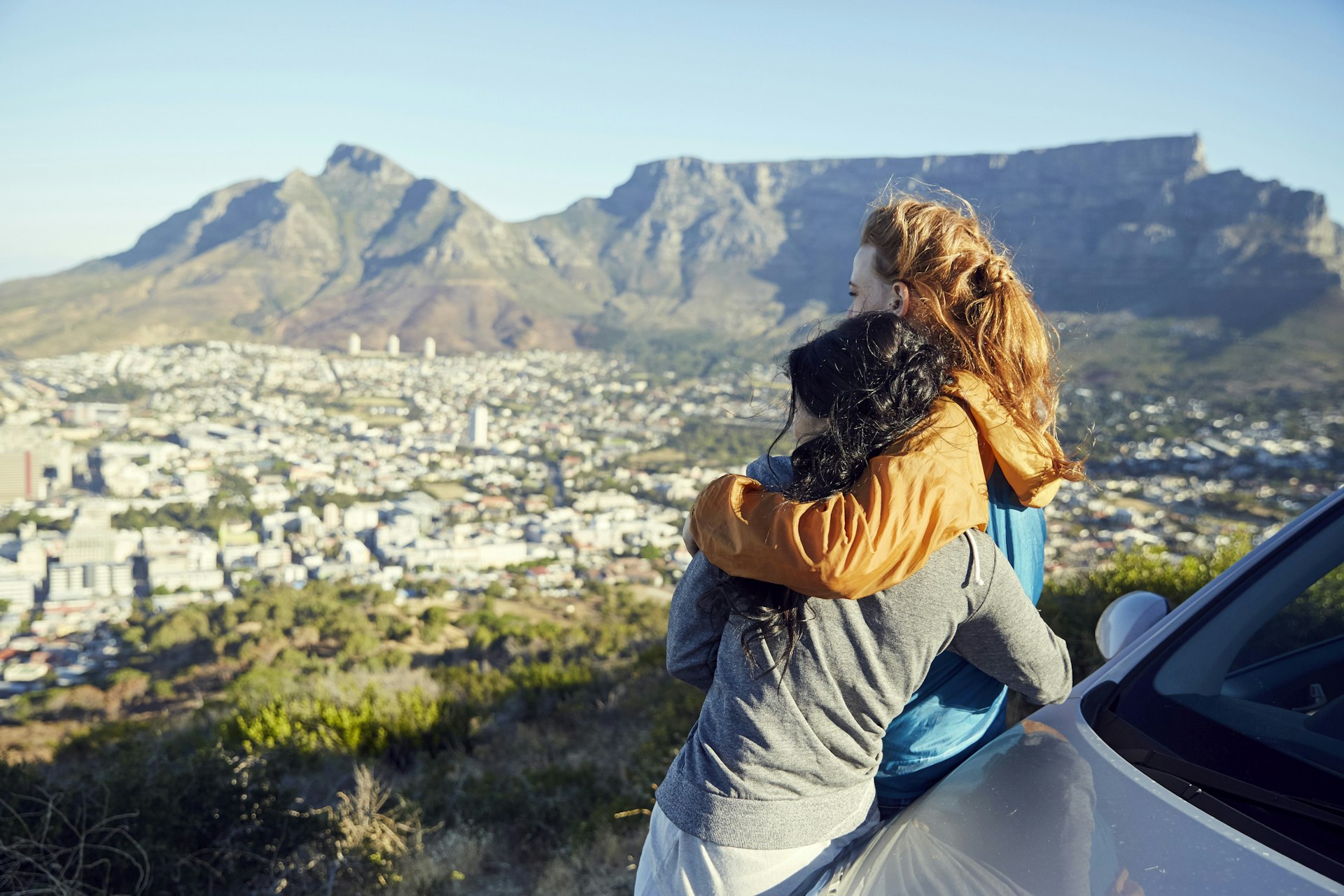
4. If you really want to see SA, you need to rent a car
There's no sugar-coating it – public transport in South Africa often falls short. Long-distance bus services exist but routes tend to bypass many smaller destinations, and fares can be expensive for shorter hops. Long-distance trains are unreliable, and hitchhiking is most definitely not recommended. If you really want to see the country, you’re going to have to rent a car. Fortunately, there are plenty of fantastic road trips to choose from, and all the big car hire companies are represented in South Africa – just be sure to book ahead, especially if you’re traveling in the November to March peak season.
5. Listen to the locals (but be ready for a little exaggeration)
Local advice is always important, particularly in countries that have a reputation for crime and social problems. In South Africa, the host at your accommodation is a good person to ask about the best bars or restaurants, how to get around and which areas to avoid. Just be aware that there are many awesome attractions found in areas that South African locals – particularly older locals – wouldn’t consider visiting.
Once, while staying in a guest house in suburban Durban, I asked the owner if there were any places to avoid and she replied “The CBD” (city center), which would have cut my sightseeing rather short. South Africans have a tendency to exaggerate the danger posed by crime – it’s almost a part of the national psyche, and a favorite topic of conversation. You might have to do a bit more research to sort out the worthwhile warnings from the sometimes-inevitable scaremongering.
6. Be more cautious when driving in cities
When I first moved to South Africa, there was so much talk of carjackers that I expected to find balaclava-clad people lurking at every intersection waiting to appropriate my vehicle. I remember panicking at the gas station because I had to lower the window to pay, then passing my cash through an inch-high gap before driving away, stressed and sweating.
These days I often drive with the windows down, but I do approach "robots" (the local term for traffic lights) with caution, always leaving a car-length gap in front of me just in case I need to make a quick escape. Be cautious while driving, but not paranoid. Keep your doors locked and be extra vigilant when driving at night, keeping your windows up and your wits about you.
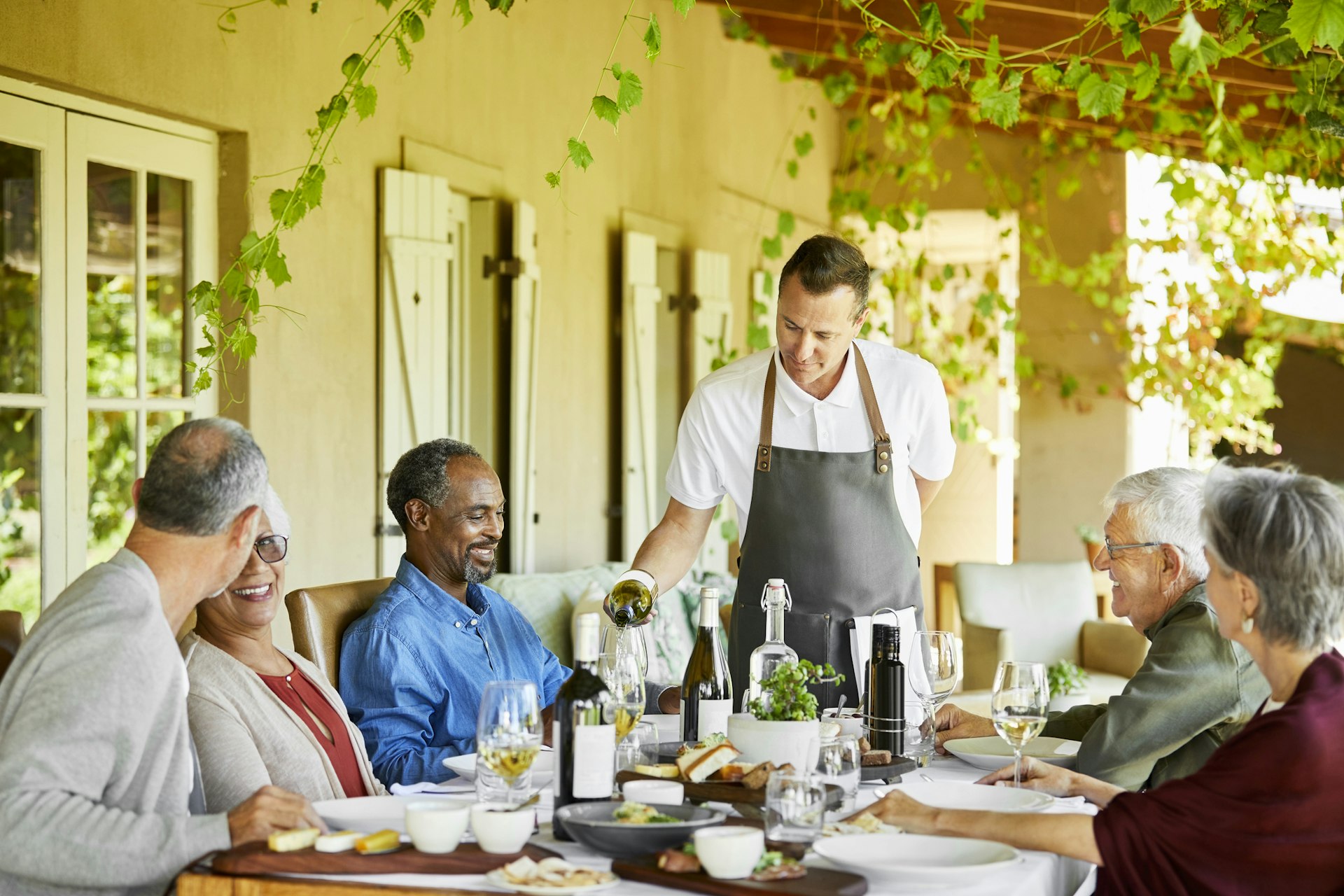
7. Be prepared to tip
South Africa has a strong tipping culture. In many customer-facing industries, salaries are low and workers make much of their money from tips. Restaurant staff will expect a top of around 10%, but leaving 12–15% will generate bigger smiles. Drivers never pump their own gas in South Africa; you’ll be expected to pay at least R5 to the person filling your tank, or R10–20 if the attendant also checks your tires, oil or water.
Then there are South Africa’s informal parking attendants. While larger cities and towns have areas with pay-as-you-go street parking, in most places, you can park at the side of the road for free… well, sort of. Ubiquitous car guards will offer to keep an eye on your car while you’re away, and they come in a range of helpfulness levels.
Some will go the extra mile, stopping traffic to help you back out into a busy street. Others are opportunists who approach as you pull out your keys, claiming they were keeping a close eye on your car while you were shopping. Reward car guards according to the service they provide – a R5 coin is the standard thank you but R10 is more appropriate for someone who provided a more useful service.
8. South African English takes some getting used to
While there are 11 official languages in South Africa, you’ll almost always find someone who speaks English, unless you’re in a remote rural area. There will still be a few local phrases that trip you up. One thing that often baffles foreigners is the (extremely liberal) use of the word “shame.” It’s a versatile word in South Africa. A cute child fell asleep in the car? Shame. A close family member passed away? Shame. Busy week at the office meaning you couldn’t make Friday drinks? Shame. The word is often preceded by the utterance "ag" and followed by the word "man." So the phrase "Ag, shame man" can mean anything from “awww” to “Oh no, that’s terrible!”
Also overused (often in baffling contexts) is the word “hectic.” While it can be used to discuss a particularly busy intersection, it could also be used to describe a ridiculously tall building, a very long line at the bank, an insanely windy day or a particularly large baby being born. In South Africa, hectic doesn’t really mean busy – it usually means "wow."
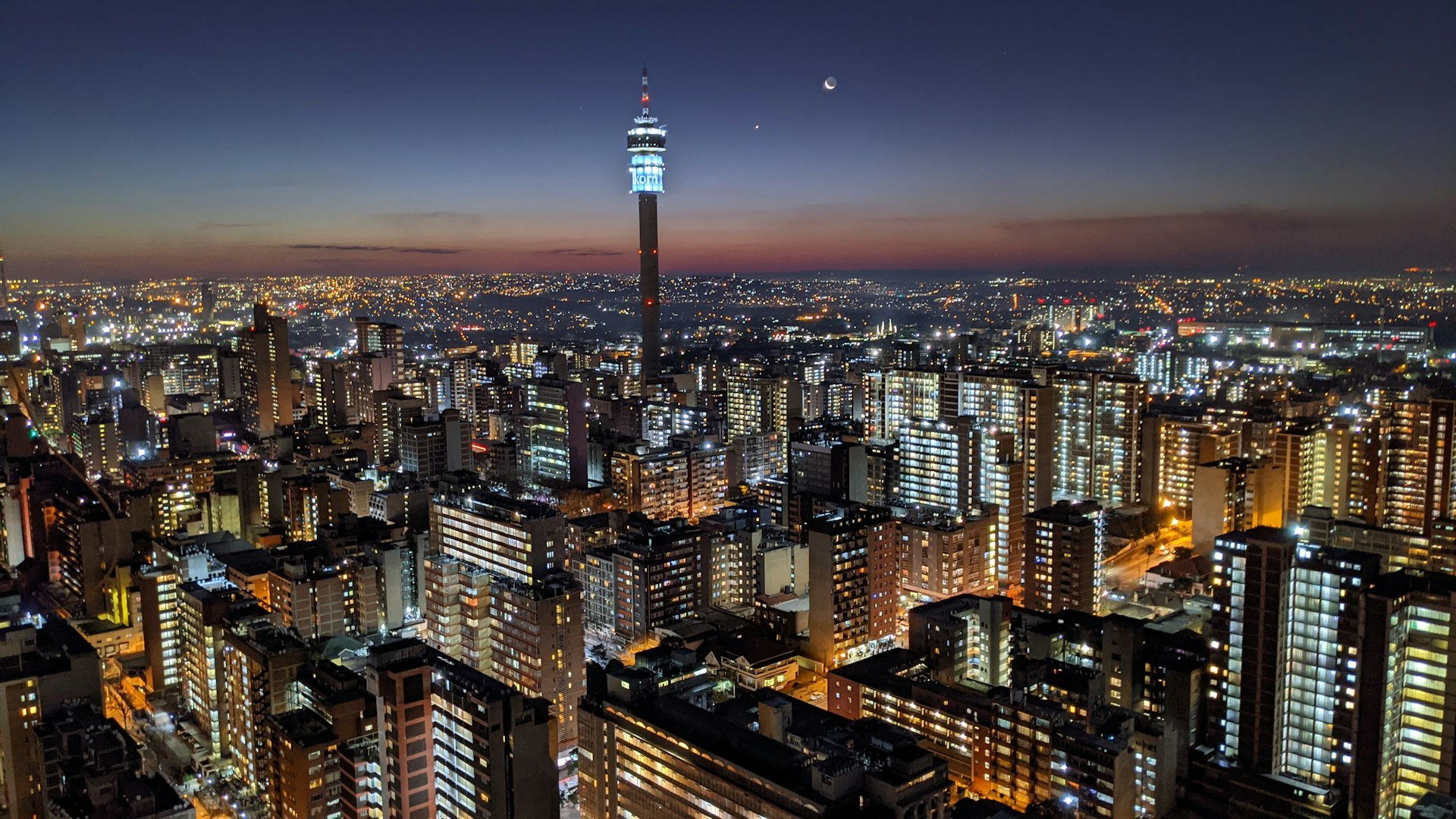
9. Expect lots of talk about politics and power outages
Certain subjects are off-limits in every country, but in South Africa, politics is not one of them. Everyone has an opinion on the government’s latest endeavors, whether that’s discussing the abundance of potholes, the latest corruption scandal or – more often than not – the government's failure to provide (electrical) power to the people. You'll very quickly become familiar with the inconvenience of what locals call "load-shedding."
Basically, load-shedding is a never-ending series of planned power outages designed to take pressure off the ailing electricity grid. Cities and towns are split into zones, and depending on the severity of the load-shedding, you might end up without power for anything from two to 12 hours a day. There are eight "stages" of load-shedding, broken up into two-hour slots. Larger hotels won’t be affected thanks to backup generators, but if you’re staying in a guesthouse, hostel or private home, you are bound to encounter load-shedding at some point in your stay.
Many places come equipped with fail-safes such as emergency lights, backup power for fridges and Wi-Fi hubs, and sometimes generators big enough to power the whole property. Your host will likely give you daily updates on when the power will be off, or there’s a handy app – EskomSePush – that has all the details and comes with a handy warning notification.
10. Driving in the emergency lane is standard practice
While greetings, table manners and general day-to-day etiquette in South Africa should largely be familiar, the way South Africans drive can be a bit of a culture shock for visitors. One of the most idiosyncratic rules of the road is “yellow line driving” – many roads are single-lane highways, and enterprising drivers often use the emergency lane (hard shoulder) as a backup.
If you’re on a highway and a driver behind you indicates that they want to get by, you'll be expected to briefly move across the yellow line into the emergency lane to let them pass. If you don’t, you’re likely to find yourself privy to another favorite local driving habit: tailgating. Drivers will usually flash their hazard lights in thanks as they pass, but be aware that obliging drivers aren’t the only thing to be found on the hard shoulder. Always make sure there is good visibility before you pull over, for around the next corner you might find a troop of baboons, a stray cow or a bunch of school kids walking home.

